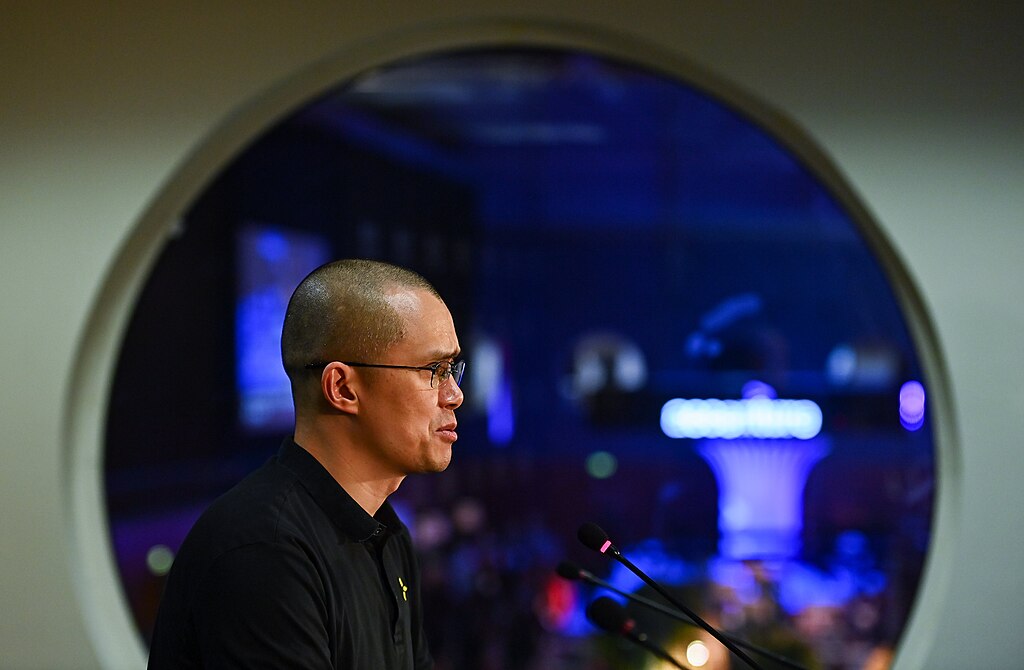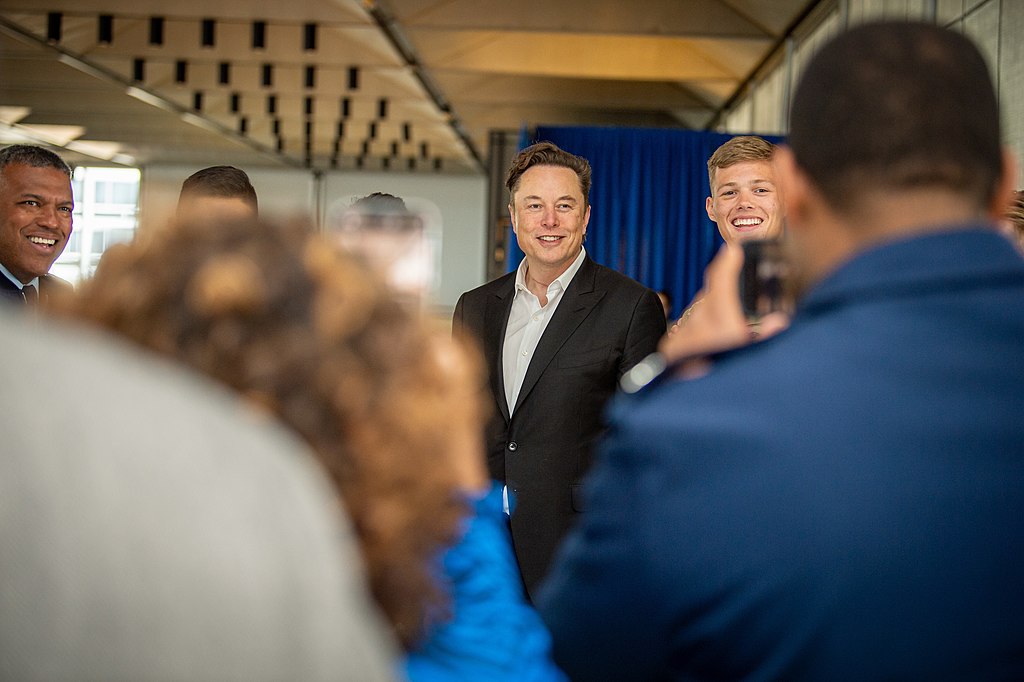The Commonwealth Scientific and Industrial Research Organization’s (CSIRO) Data61 division and Commonwealth Bank of Australia (CBA) have announced that they have successfully trialed a new type of blockchain-powered smart money.
Data61 and CBA teamed up last month to explore the potential of blockchain technology in creating smart money or programmable money. They selected the National Disability Insurance Scheme (NDIS) as the first case study for the proof of concept (POC).
Using a prototype app, the technology was trialed with 10 NDIS participants and carers in the CommBank Innovation Lab as well as a small number of medium-sized disability service providers, according to the latest announcement.
“Smart money, or programmable money, is money that can be programmed to be spent only when certain conditions are met and remember how it has been spent. This project created programmable money by attaching smart contracts to blockchain tokens that can be redeemed for payment in Australian Dollars,” the report said.
The project partners said that the trial demonstrated that smart money could be used to help manage insurance payouts, budgeting and the management of trusts and charities in Australia. It showed that smart money could give participants more choice and control over their disability support services, while lowering administration costs, eliminating paperwork and reducing the risk of fraud or accidental misspending.
“Participants and carers estimated that the prototype app could save them one hour to 15 hours per week, while service providers estimated potential annual cost savings as a percentage of revenue of 0.3 per cent to 0.8 per cent,” the official release said, adding that if the PoC was developed and implemented as part of a full-scale solution across Australia, the economic benefits would equate to hundreds of millions of dollars annually.
Dr Mark Staples, Senior Principal Researcher in the Software and Computational Systems program at CSIRO's Data61, said that the project helped them to better understand the benefits and limitations of blockchain technology in the context of conditional payment environments.
"Our use of blockchain added new kinds of programmable behaviours to the smart money in the prototype system. This automation and flexibility could reduce friction and enable greater innovation in many payment environments and unlock network-effect benefits,” he said.
"This could include more directly connecting citizens to public policy programs, empowering people to optimise their spending through things like smart savings plans and smart diets, and reducing costs for businesses, including through the potential for self-taxing transactions."



























Comment 0